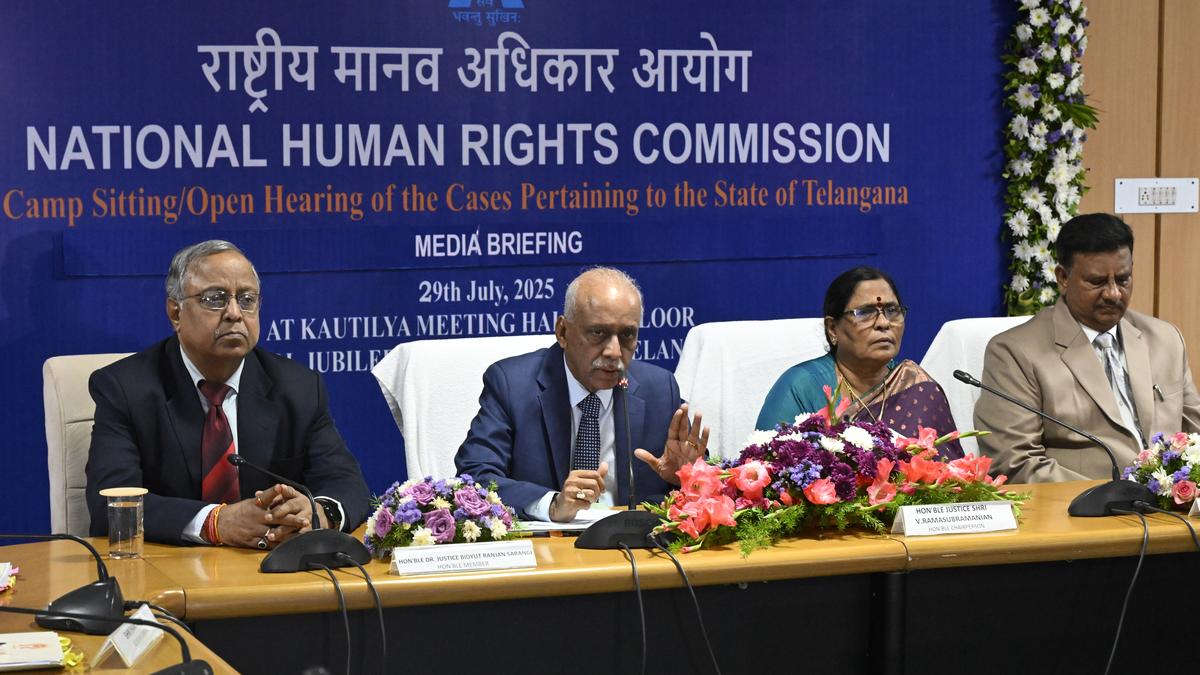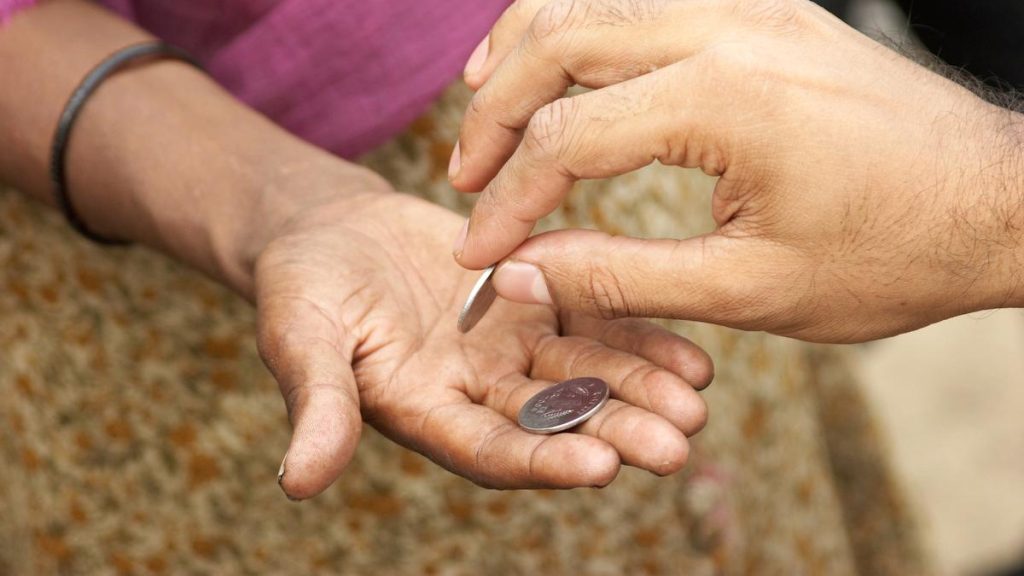Now Reading: NHRC Chief Urges Enhanced Measures to Combat Campus Ragging
-
01
NHRC Chief Urges Enhanced Measures to Combat Campus Ragging
NHRC Chief Urges Enhanced Measures to Combat Campus Ragging

Speedy Summary
- The National Human rights Commission (NHRC) held a session in Hyderabad focused on curbing ragging in higher educational institutions.
- NHRC chairperson Justice (retd.) V. Ramasubramanian expressed concern over the ongoing issue of ragging despite existing laws, such as the 2001 guidelines, R K Raghavan Commitee recommendations, adn 2009 UGC Regulations. He identified weak enforcement as a significant challenge.
- Proposed measures suggested during the discussion include:
– Establishing wellness and inclusion centres with trained mental health professionals.
– Mandatory annual anti-ragging reports from institutions with evidence of accountability measures.
– No closure of complaints without district administration approval.
– Encouraging anonymous complaints and ensuring complainant anonymity for victim protection post-reporting.
- Other ideas discussed: Regular audits, surprise checks, CCTV surveillance, police visits to campuses; portrayal for SC/ST/OBC/minority communities in anti-ragging committees; display of UGC’s helpline on institutional websites; parental involvement; collaboration between NHRC and related bodies like NALSA & UGC.
- The NHRC also emphasized using behavioral approaches such as “nudge techniques” to influence mindsets against ragging.
Indian Opinion Analysis
Ragging remains a persistent problem within Indian academia despite multiple government frameworks aimed at its eradication. This session by the NHRC signifies renewed efforts bolstered by multi-level interventions involving stakeholders across academic and social spheres-indicating greater seriousness about implementation gaps previously noted in older guidelines. Measures like enhanced surveillance systems (CCTV/police visits), wellness centres with trained professionals, mandatory reporting structures tied to accountability mechanisms underscore solutions designed around prevention as well as victim support.
The call for diversity-focused committee representation aligns with broader efforts toward campus inclusivity-a welcome step that may counter systemic issues exacerbating vulnerability among marginalized student groups during incidents of ragging.
Deploying behavioral science through “nudge techniques” is an captivating addition but will require thoughtful request tailored to India’s socio-cultural context if it is to succeed beyond theory.
if implemented effectively alongside robust enforcement facilitated through collaboration between expert bodies like NHRC & NALSA/UGC while maintaining sensitivity toward complainant anonymity-India could offer more secure environments conducive for learning free from harassment or fear-driven impediments.
Read more: [Link not provided]
























